
The law already has a provision for economic contracts with basic contents. For example, health insurance, pension insurance, life insurance, the Insurance Administration Department must examine the contract. Why not prescribe a model contract, because if it prescribes a model contract, it will reduce the flexibility of companies, especially foreign companies.
Therefore, contracts implemented in connection with insurance must be approved by the Insurance Management Department of the Ministry of Finance and the insurance must be implemented. Deputy Prime Minister Ho Duc Phoc said that this is voluntary insurance, so the terms must be clearly stated for implementation.
According to Deputy Prime Minister Ho Duc Phoc, this revised law has issues related to cross-selling. Previously, this was not regulated, so commercial bank employees could send this contract when people deposited money. People lacked information so they participated, and only when problems arose did they see many unclear things. Now it will be designed transparently, participants have the right to choose to buy cross-insurance. For example, an insurance agent can sell many types of insurance from different insurance companies, or a bank can sell, lend credit, and sell insurance, but must be transparent for management agencies to monitor and inspect.
The Insurance Law is conditional insurance, with the condition that there must be a minimum capital of 750 billion VND, participants must have clean cash flow, anti-money laundering, anti-manipulation, anti-impact on the long-term interests of customers, the majority of people. Therefore, when managing insurance, we must be careful.
Commenting on the operating principles of insurance agents (Clause 10, Article 1), delegate Dang Bich Ngoc (Phu Tho National Assembly Delegation) said: Clause 10, Article 1 of the draft Law stipulates the operating principles of insurance agents in the direction that an insurance agent who is selling to an insurance company in a certain field (life insurance, non-life insurance, health insurance) is not allowed to act as an agent for another insurance company in the same field.
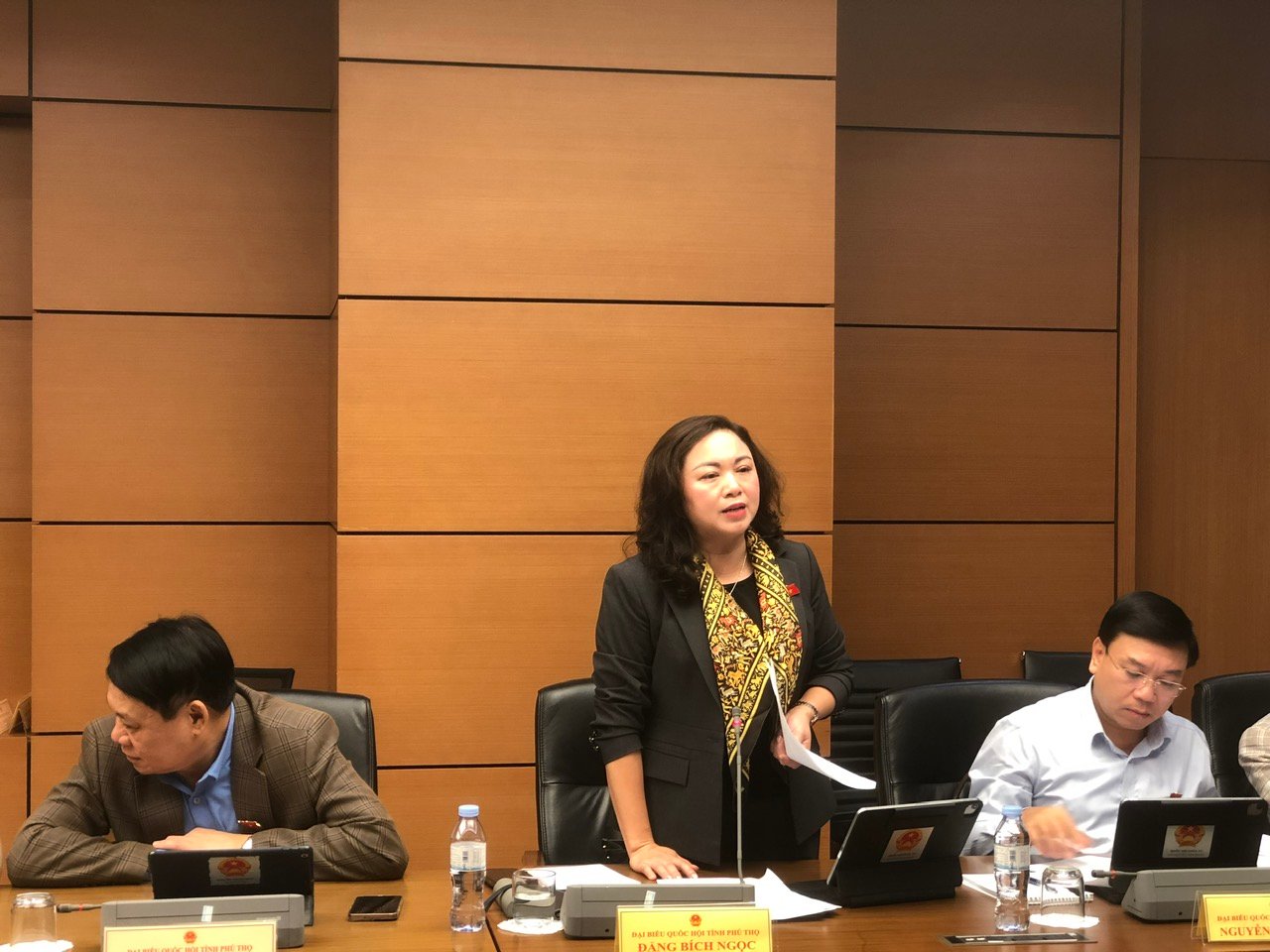
“I think that the provisions in Clause 1, Article 127 of the Law on Insurance Business 2022 have limited the scope of activities of individual agents (the Law only allows agency activities at 1 insurance company), with the aim of limiting conflicts of interest between insurance companies using agents. The provisions of the draft Law only write more clearly and do not change the nature of the current regulations. However, if insurance companies have effective agency management methods, creating conditions for agents to exploit insurance products for many insurance companies to earn more income, helping individual agents have the motivation to stick with and develop the professional agency profession is also a factor that should be considered,” said delegate Dang Bich Ngoc.
On the other hand, in reality, insurance companies want to take advantage of and develop individual agents in remote areas, where the accessibility of insurance companies or organizational agents is difficult (due to high costs or because individuals only want to operate independently as individual businesses or individual business households). Not allowing individual agents to work in many insurance companies will limit the desire to develop distribution networks, expand distribution scope and diversify customer groups of insurance companies.
Therefore, delegate Dang Bich Ngoc suggested that the Drafting Committee study regulations in the direction of empowering insurance companies to proactively decide on the use of individual agents and take responsibility for the use of agents.
Regarding the enforcement (Clause 17, Article 1, amending Article 156 of the current Law), the draft Law amending and supplementing allows the parallel application of the risk-based capital model and the solvency margin from 2028 to 2030, from 2031, enterprises must apply the risk-based capital model. Delegate Dang Bich Ngoc said that through studying the Law's implementation summary report and the Government's Submission, it shows limitations in the readiness level of enterprises and the implementation conditions of State management agencies. Thus, it is necessary to develop an implementation roadmap.
Delegate Dang Bich Ngoc also suggested that the Government carefully calculate the conditions and resources to avoid the situation of including the Law and then delaying the implementation time. According to the Government, during the parallel application period, enterprises can only increase capital if they meet current regulations on solvency, while monitoring and managing capital, calculating capital safety ratios according to the risk-based capital model and having plans and roadmaps for increasing capital according to regulations of the Minister of Finance.
Therefore, delegate Dang Bich Ngoc proposed to add an assessment of the impact of implementing two models in parallel, including increased costs for insurance participants and insurance companies, and disruption to market operations.
Source: https://baotintuc.vn/thoi-su/bao-hiem-tu-nguyen-phai-neu-ro-cac-dieu-khoan-thuc-hien-20251103115549598.htm


![[Photo] Prime Minister Pham Minh Chinh receives the Chairman of the Japan-Vietnam Friendship Association in the Kansai region](https://vphoto.vietnam.vn/thumb/1200x675/vietnam/resource/IMAGE/2025/11/03/1762176259003_ndo_br_dsc-9224-jpg.webp)



![[Photo] General Secretary To Lam receives Singaporean Ambassador Jaya Ratnam](https://vphoto.vietnam.vn/thumb/1200x675/vietnam/resource/IMAGE/2025/11/03/1762171461424_a1-bnd-5309-9100-jpg.webp)
![[Photo] Fall Fair 2025 and impressive records](https://vphoto.vietnam.vn/thumb/1200x675/vietnam/resource/IMAGE/2025/11/03/1762180761230_ndo_br_tk-hcmt-15-jpg.webp)
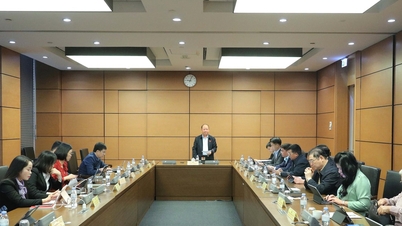



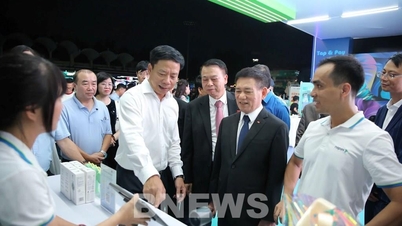

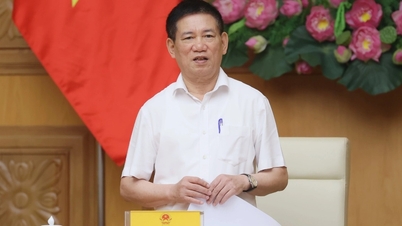







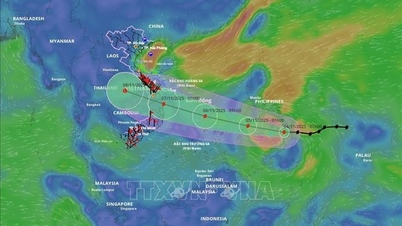





































































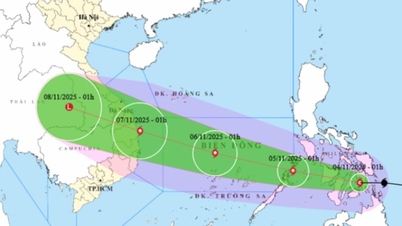















Comment (0)